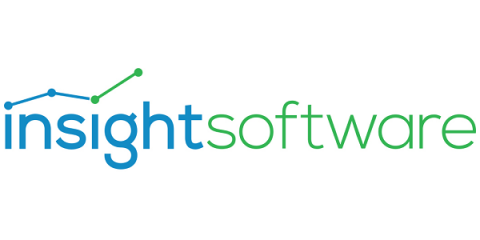The rise of AI in software testing: trends
AI growing relevance in software testing has garnered substantial attention in today's software industry. While incorporating AI and ML approaches into software testing is not required, it is worthwhile to explore and study how these methods may deliver valuable benefits in specific elements of the testing process. With the incorporation of artificial intelligence (AI) techniques software testing will undergo a transformational transition.











